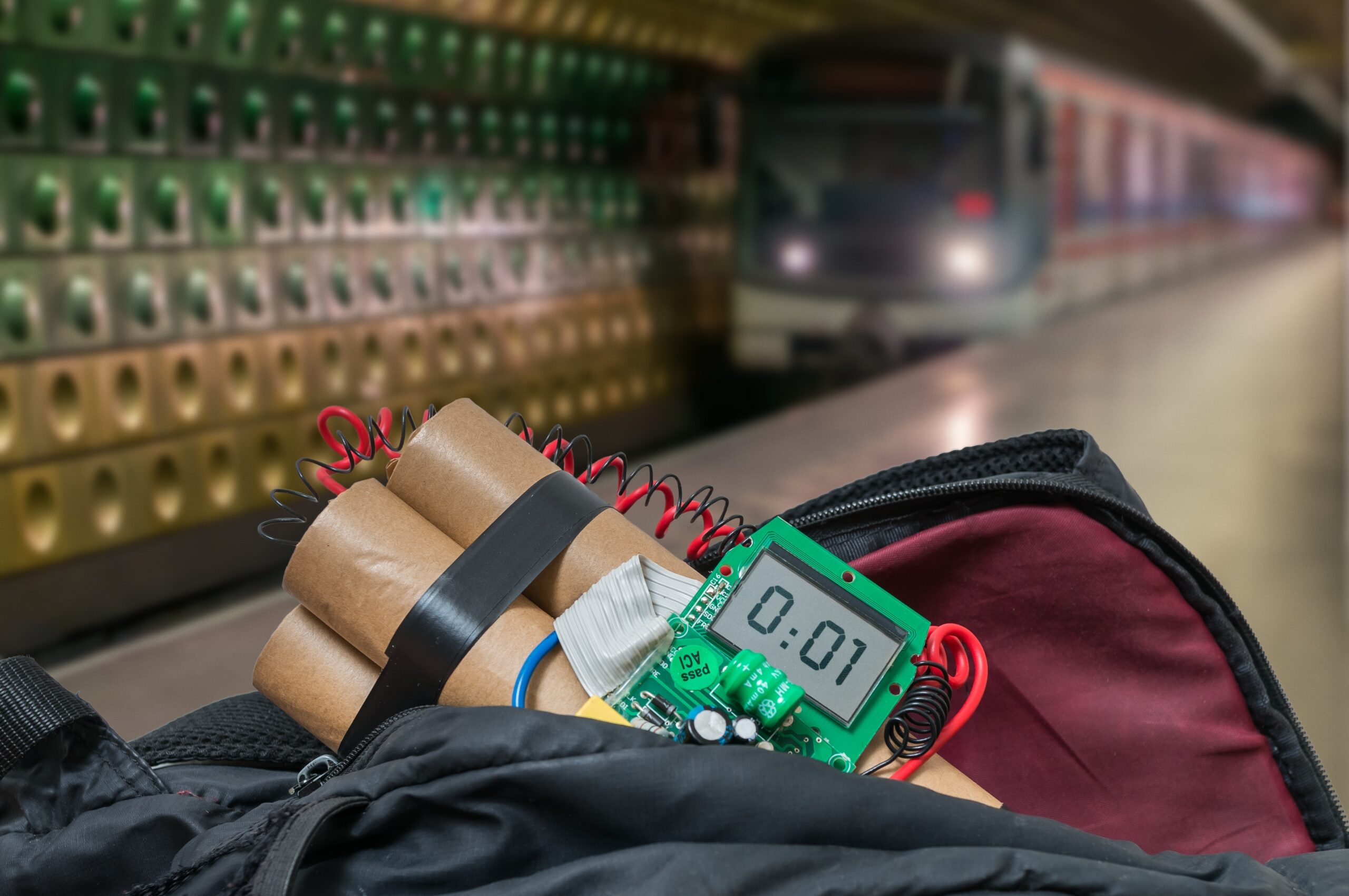Listen To Story Above
Defense Secretary Pete Hegseth sparked controversy during his Panama visit by suggesting the possibility of US troops returning to the Central American nation to safeguard its crucial canal, a proposal that was immediately rejected by Panamanian officials.
During his diplomatic mission, Hegseth proposed that American forces could potentially reestablish their presence at former military installations and conduct rotational deployments, provided Panama extended an invitation. The suggestion came alongside discussions about securing preferential passage for US Navy vessels, addressing President Trump’s concerns about alleged unfair treatment and excessive charges.
The Trump administration has consistently expressed unease about China’s perceived influence over the canal, which handles a significant portion of US container traffic and global trade. Trump’s team has voiced determination to reassert control over the Panama Canal, which the US constructed and managed until its handover in 1999.
Pier 3 tangibly represents America’s and Panama’s shared commitment to the Panama Canal’s security. Thanks to over $5 million in support from @USACEHQ, we have refurbished this pier. pic.twitter.com/tjJDzygniu
— Secretary of Defense Pete Hegseth (@SecDef) April 8, 2025
Speaking about military cooperation, Hegseth outlined possibilities for joint exercises and suggested revitalizing former US bases for collaborative efforts between American and Panamanian forces. However, this notion of rotational deployments touched a sensitive nerve among Panamanians, who regard their sole authority over the canal as a matter of national pride.
Panama’s leadership swiftly dismissed the proposal. During a joint press appearance, Security Minister Frank Abrego emphasized, “Panama made clear, through President Mulino that we cannot accept military bases or defense sites.”
Regarding canal passage fees, Panama’s Minister for Canal Affairs, Jose Ramon Icaza, indicated willingness to explore cost-neutral arrangements for military vessels but rejected the concept of free passage. The Panama Canal Authority reinforced this position, noting their pursuit of balanced compensation for security-related services regarding warship tolls.
🚨 SECDEF PETE HEGSETH MIC DROP at the PANAMA CANAL.
"I want to be VERY clear: China did not BUILD this canal, China does not operate this canal, and China will not WEAPONIZE this canal."
Panama has withdrawn from China's "Silk Road" initiative.@PeteHegseth 👏 pic.twitter.com/m9wXWanlf2
— Eric Daugherty (@EricLDaugh) April 8, 2025
Throughout his two-day visit, Hegseth repeatedly addressed concerns about Chinese influence in Latin America. “We do not seek war with China. And war with China is certainly not inevitable. We do not seek it in any form,” Hegseth said. “But together, we must prevent war by robustly and vigorously deterring China’s threats in this hemisphere.”
China responded critically to Hegseth’s remarks, accusing US officials of malicious attacks and demonstrating bullying behavior.
The diplomatic tension extends to infrastructure operations, with Panama pressuring the Hong Kong-backed Panama Ports Company to withdraw amid allegations of unfulfilled contractual obligations. The company has contested an audit claiming $1.2 billion in unpaid fees, while its parent company recently announced plans to sell its canal-adjacent ports to a BlackRock-led consortium, prompting Chinese regulatory scrutiny.
The complex situation recalls historical tensions, including the 1989 US invasion of Panama, which resulted in significant casualties and destruction in the capital during the operation to remove dictator Manuel Noriega.







